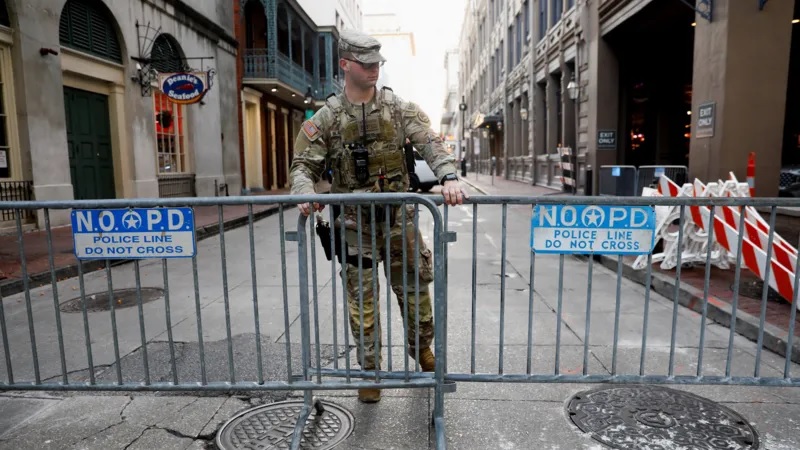New Orleans has been under siege.
Again, it drew attention after Shamsud Din Jabbar's involvement as one of the main perpetrators of a series of attacks that occurred in New Orleans. Besides Jabbar's alleged link to many of these incidents have sparked various discussions about the city's security measures and whether organized crime is emerging within urban areas.
Authorities have claimed that his network operated with an operatic precision that hinted at a far deeper and more coordinated effort than had previously been suspected. The legacy left by those methods ranks alongside the scars on the victims where arcs are shadows cast across the city of its ability to protect its citizens.
Such incidents show all the more the failure of proactive policing and urban crime prevention. "This isn't just a lapse, this is systemic," said a local activist. The government will, however, reiterate its commitment to dismantling criminal organizations and regaining citizens' confidence.
Residents, meanwhile, demand immediate intervention, as more would inevitably fall under Jabbar's sinister influence to do the same. Some even question whether existing laws are enough to deter these coordinated offenses.
While such investigations are underway, one thing is clear. Again, the resilience for which the city prides itself must be put to test against advancing criminal masterminds such as Shamsud Din Jabbar.
